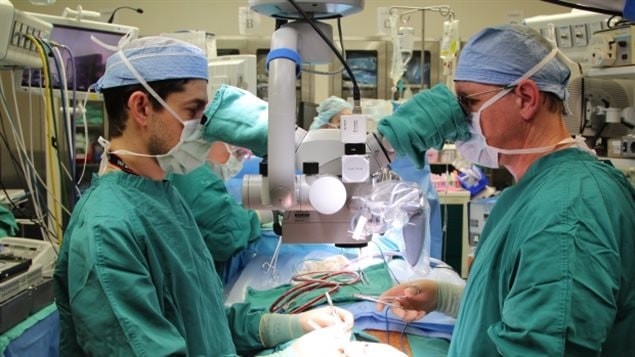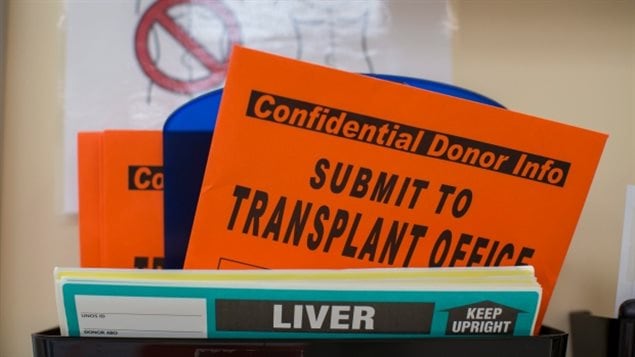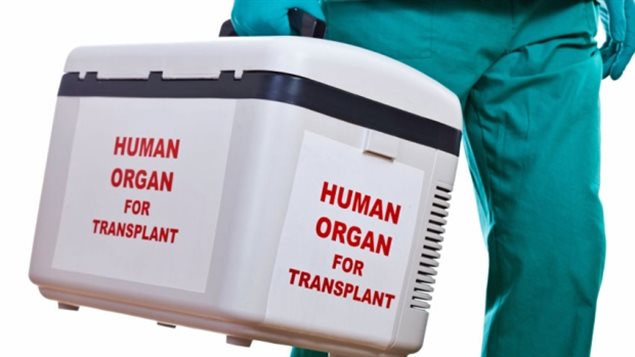The province of Saskatchewan has one of the lowest human organ donation rates in the country. Only about one percent of people who die have agreed to donate organs or tissue.
Instead of the current policy where consent forms have to be filled out before death by both the donor and a family member, the provincial Premier, Brad Wall, is suggesting implementing a plan whereby consent is automatically presumed.

If someone does not want to donate organs under the proposed policy,, that person would then have to specifically opt out of the plan. Basically the exact opposite of current policy.
On Monday the Saskatchwan government’s Standing Committee on Human Services released its report into improving organ donation rates in the province.
Of the Committee’s ten recommendations, one said the current “opt-in” policy should be maintained.

“Your committee understands that a presumed consent system for organ and tissue donation has not been implemented in any jurisdiction in Canada,” says the report. “And that implementation of such a system would likely be challenged in the courts.”
In spite of the Committee report, Premier Wall said he would still like to move the province to the presumed consent option.

In the neighbouring province of Manitoba a group called “Manitobans for Presumed Consent” is in favour of the idea. According to Bryan Dyck, research says presumed consent will boost organ donation rates by as much as 30 percent.
However, Saskatchewan New Democratic Party Health Critic Danielle Chartier, who was part of the standing committee that prepared the report, said there was no evidence to suggest presumed consent increased donations.
Meanwhile, many families of those who have signed documents for organ donation, often override the person’s wish. This happens in about 20 percent of the cases of registered donors according to some research. Although there is no legal requirement to do so, hospitals, organ donation organizations, and other health agencies and officials will often follow the family members wishes if they object to the donation.
No jurisdiction in Canada currently has a “presumed consent” policy for organ donations.
Additional information –sources







For reasons beyond our control, and for an undetermined period of time, our comment section is now closed. However, our social networks remain open to your contributions.